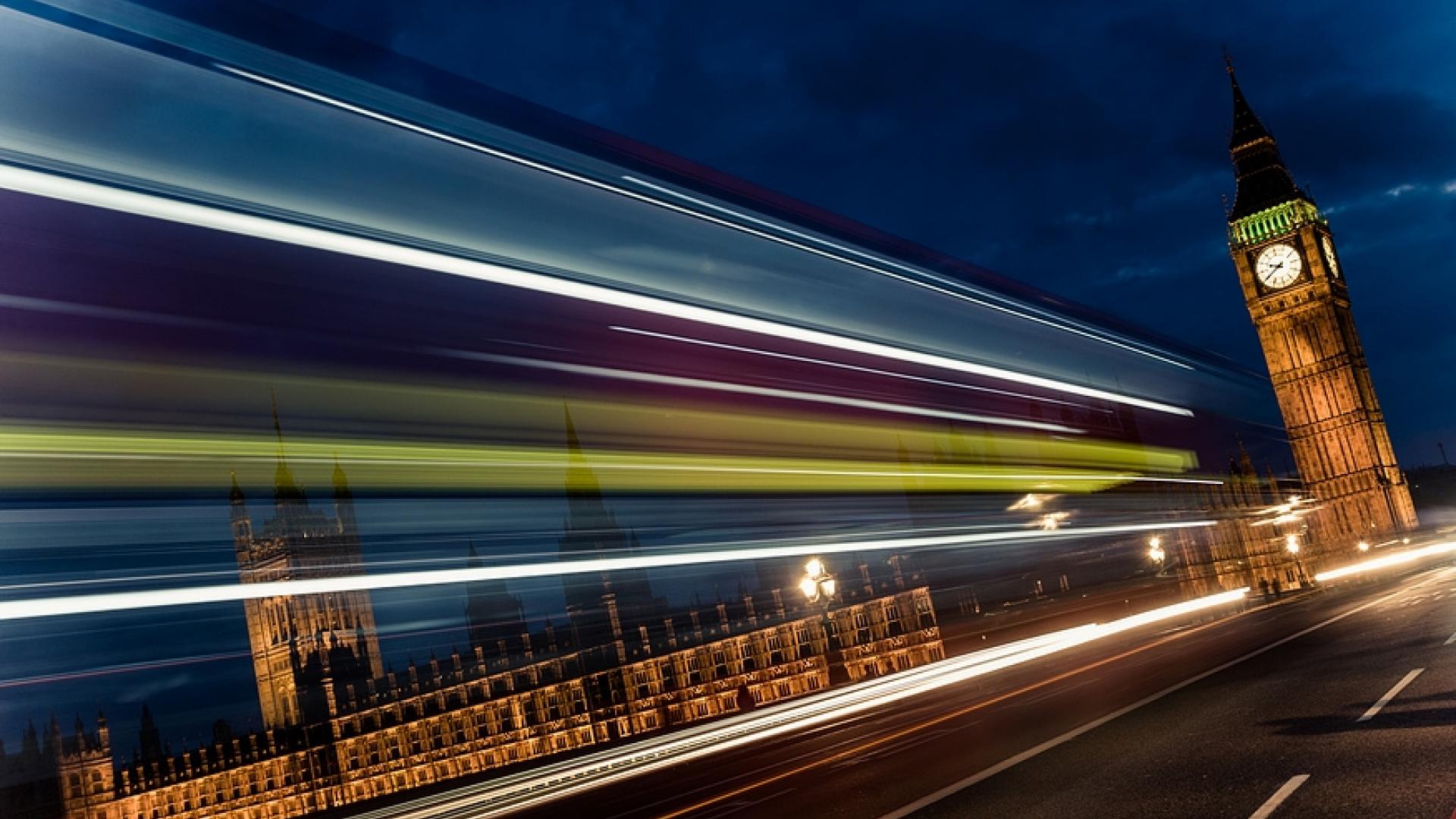Our new report, ‘The Politics of Charities’, pulls together our research on the attitudes of the public, journalists and MPs to charities campaigning and 'being political'. From the data, we have drawn five broad conclusions.
1. The public are broadly supportive of campaigning by charities
All the evidence from our research shows that the public is at worst indifferent to charities campaigning and at best see it as an important and legitimate part of many charities’ work. Over half the public agree ‘charities should be able to campaign to change laws and government policies relevant to their work’, while only 10% disagree. What's more, a charity campaigning particularly only puts one in 25 people off giving.
A charity should not keep away from campaigning just because they think their donors won’t like it.
2. Journalists are neutral about campaigning and ‘being political’
Our research shows journalists are also broadly relaxed about charities campaigning and indeed about being political, in the sense of supporting, opposing or developing government policy. This is partly because journalists have a vested interested in charities’ campaigning because it provides good stories. However, when charity campaigns cross the line and become party political, very few journalists are supportive.
3. Language is vital
Language and interpretation are incredibly important in this area. For some journalists, and particularly some MPs, ‘charities being political’ is synonymous with being party political or wedded to a particular ideology. For others, being political may simply mean campaigning on policy. Our advice to any charity would be to use their language with great care when campaigning and remember to always make sure campaigns are evidence-based and relevant to its cause and beneficiaries.
4. It’s not just Tory MPs who have a problem with charities being ‘political’
While it is true that Tory MPs are overwhelmingly negative about charities being political, other MPs are at best ambivalent. Only 16% of Labour MPs are positive about it, along with just 8% of Lib Dems. It is difficult to escape the conclusion that very few MPs want charities to be political. Then again, there is no evidence to suggest that charities actually want to be political; they just want to change the policies that affect their beneficiaries.
5. Has the political climate among Lib Dems been misread?
A colleague recently emailed me to say that the Lib Dems should ‘be ashamed of themselves’ for letting the Lobbying Bill be proposed. This research suggests that seeing the Lib Dems as proponents of the freedom to campaign might be out of date. Perhaps the perspective of Lib Dems has changed as a result of being in Government and being the target of charity campaigners. The last few years in power have made them much more wary of charities and their campaigners. This could be one reason why the Lobbying Bill has got as far as it has.

